Adult Grandchildren Caring for their Grandparents
October 19, 2021
Holiday Family Visit Reveals a Need for Home Care
December 15, 2022Balancing Home Care and Financials
It is admirable to want to care for your aging family members and many families successfully navigate the various changes that are required to be made to make their living situation more optimal. However, what becomes apparent upon taking on this responsibility is that caregiving is expensive. It is currently estimated that unpaid caregivers can often spend over $17,000 each year to care for their dear loved one. Financial strain can be a phenomenal part of even the most caring family members, but thankfully, there are many avenues you can explore to help alleviate the strain.
Tax Breaks and Benefits
One of the more common knowledge ways to allocated funds for family caregivers is to claim a parent as a dependent. Currently, and this number is subject to change annually, the government allows up to $4,300 each year for caring for an aging, dependent parent. Another way to utilize taxable income is to claim expenses on your tax return. You can claim up to 10% of your total gross income with allowable expenses for caring for an aging parent.
Other ideas for tax related help is by creating a flexible spending account that allocates a maximum of $2,750 from your FSA fund without having to pay taxes on the money. For families that are currently sharing the load with finances and taking care of parents, a multiple support declaration can be set up in which each sibling who pays more than 10% of their loved one’s expenses can receive money back on their taxes.
Government Benefits for Family Caregivers
Government benefits for family caregivers are a huge help, but it is important to remember that benefits change depending on the state you live in, so remember to read everything printed on the information materials provided so there are no surprises. These specialized services come directly from the government and include a program from Medicaid that offers self-directed services. The Medicaid recipient can note who they wish to care for them, and that individual will receive payment for care of the loved one.
One of the best government programs for aging seniors is the HUD Home Improvement Loan option. This program allows for up to $25,000 to perform modifications on the home to make it more applicable for the patient. This includes the addition of handicap ramps, railings, and anything that makes the home more mobile friendly for the patient. Other possible programs include the Aid and Attendance Benefit for Veterans, social security survivor’s benefits, and the free transportation for seniors’ program.
Talking to Your Elderly Loved One About Finances
We are taught from an early age that discussing finances is rude and therefore, having to discuss finances with a parent can be difficult. However, it is necessary to keep everyone on the same level of understanding. Talking to an elderly loved one about finances can be uncomfortable but consider planning ahead by calling a meeting of everyone involved to discuss what necessary steps need to be taken to keep everyone’s finances in order.
Keep the conversation positive and consider everyone’s feelings during the conversation. Your parent or other aging loved one can be very vulnerable during this conversation, so it is vital that you offer support and emphasize that you have a keen desire to help them. Parents want to believe they will always be in charge, but you have to remember, that when it comes to a certain age, children and other caring adults must intervene and ensure the parent is properly taken care of.
You Can Get Paid to Take Care of Your Parents
The thought of getting paid to take care of your loved ones seems unorthodox, but it is actually a widely used option for many families. Your parent can qualify for veterans aid and attendance benefits if they are a veteran and most patients on Medicaid will qualify for paid assistance as well. However, there is another option called family funds. Depending on the qualifications for your state, you can utilize their long-term insurance care benefits to pay you to take care of them. Additionally, many companies will provide care funds for paid family leave when taking care of your loved one. These funds are limited but are available under most circumstances.
Caring for your loved one can be a substantial joy, but often leaves a lot of strain for the family. Even the most loving family can feel inadequate when it comes to caring for an aging adult. Thankfully, there are caring people everywhere willing to lend a hand. All Heart Home Care is available to help you with your ongoing caregiver needs. Whether you want a full-time live-in caregiver or just require a little help from time to time, we have professionals and loving caregivers just waiting to help. Give All Heart Home Care a call today and let us help you care for those you love.
To learn more about All Heart Home Care services, call All Heart Home Care at 619-SENIORS (736-4677) or send them a quick message.





